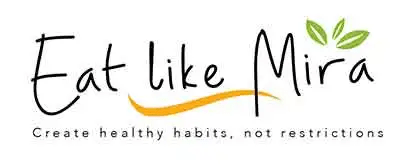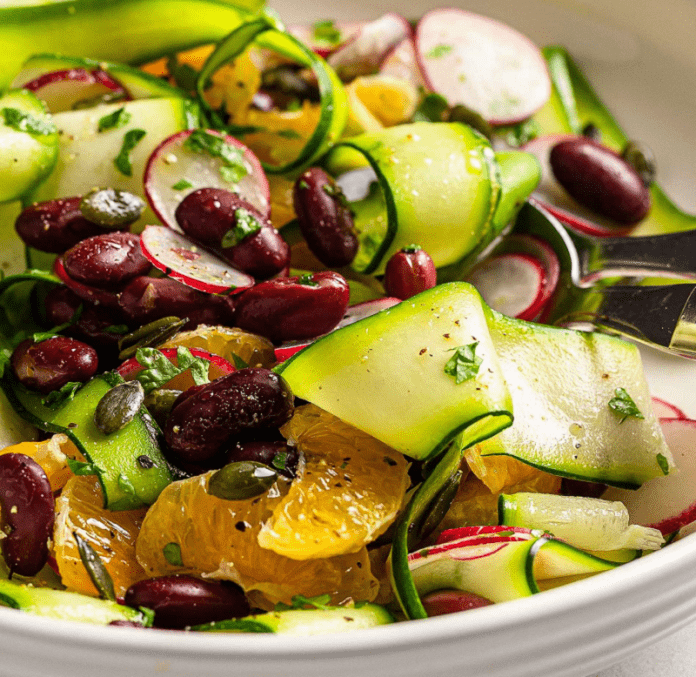Ask Mira: Eating Right to Live Happy & Healthy
Menopause is a normal condition that all women experience as they age. It usually starts between the ages of 45 to 55. During menopause, women stop menstruating, which generally marks the the end of their reproductive period. It is accompanied by hot flashes, sweating, headache, fatigue, mood swings, changes in libido, and weight gain due to a decrease in body metabolism.
Women can undergo blood or urine tests to determine their hormone levels that could indicate the onset of menopause, including testing for levels of the hormones estradiol, follicle-stimulating hormone (FSH), and luteinizing hormone (LH).
Once these tests confirm their menopausal status, women need to begin introducing changes to their diet so that it better reflects the health requirements brought on by menopause. However, many women are not aware about what to eat or about which vitamins and minerals are essential during the menopausal period. Here we provide a list of some of the foods to eat, and to avoid, as one enters menopause.

Avoid hot flash triggers: Caffeine, spices and other hot foods and drinks make hot flashes worse. Instead women can try decaf coffee, reduce hot pepper while cooking and cut back on other hot foods and beverages to see if their flashes improve.
Eat more fiber: A diet rich in fiber is necessary for the healthy functioning of the digestive system, especially during the menopausal period. It also keeps your heart healthy. Choose 100 percent whole grain breads and cereals and make sure to eat at least five servings of fruits and vegetables each day. These are filled with important vitamins, minerals and antioxidants that keep you healthy and young.
Watch your calcium and vitamin D intake: Calcium and Vitamin D are the key minerals during menopause to keep your bones healthy, and prevent osteoporosis. Consume 2 to 3 servings of low-fat dairy products daily (zero fat dairy products do not contain Vitamin D). Toss your salads with low-fat cheeses or yogurt. Consume up to 5 full eggs per week, as well as more dark leafy vegetables which are also a good source of calcium.
More Vitamin E: Studies have proved that Vitamin E is excellent for reducing hot flashes in menopausal women. To get plenty of this vitamin through a healthy diet, you need to eat nuts, seeds, olives, avocados, olive oil or canola oil.
Omega-3 Foods: Omega-3 fatty acids regulate our hormones. They are also good for our heart, brain and eye health. During menopause, women should increase their intake of seafood, healthy oils, nuts, seeds, raw almonds and walnuts.
Excess body fat also plays an important role. Being overweight or obese has been shown to increase your hot flashes.
Make sure to decrease your saturated fat intake (bad fat), and replace it with good unsaturated fat, which eventually will be rich in Vitamin E and Omega-3. Go for olive or canola oil, nuts and raw almonds. Choose dairy products low in fat; choose lean grilled protein choices.
Also reduce the simple sugar intake like ice creams, juices or cakes, and go for more fresh fruits, frozen yogurt, low-fat hot chocolate drinks. Regular exercise and keeping the body well hydrated also seem to have a positive effect in reducing hot flashes.
I firmly believe that the first step in treating your reproductive and hormonal system begins with good nutrition. However, some natural vitamins and minerals supplements might help as well. Consult your dietitian or personal doctor.
Eat right to be at your best, no matter what the age.



















